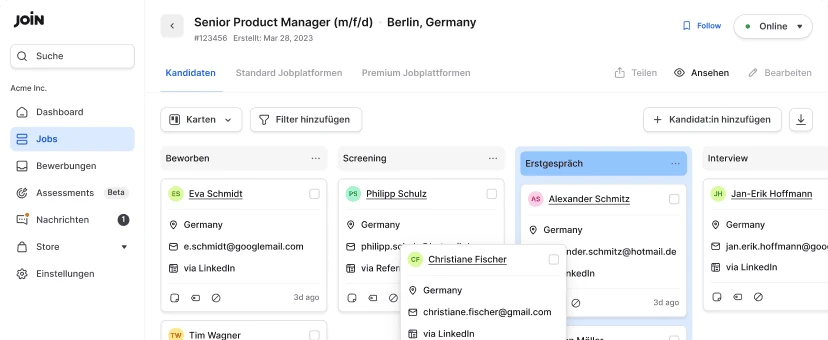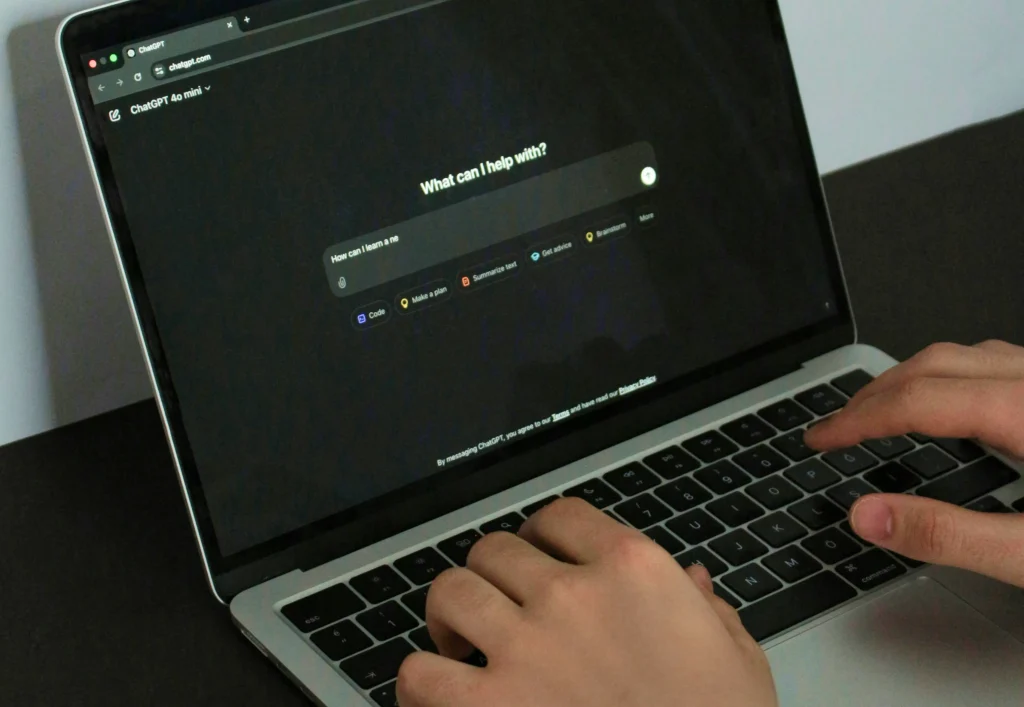Best interview questions for your hiring process
Millwright Interview questions
Millwrights are machinery experts, able to safely and efficiently set up, maintain, transport, and deconstruct construction machinery. They’ll know all the safety rules and regulations regarding this machinery and are able to pass the information on when needed.
You should seek these skills in your Millwright:
- Excellent knowledge of safety on a construction site.
- Knowledge of different types of construction machinery and their uses.
- Great level of physical fitness to enable them to transport the machinery.
- Great communication ability.
- Exceptional problem-solving skills.
Interviewing a Millwright
Millwrights play a huge role in ensuring a construction site is safe and running to full efficiency. As this role impacts the ability of the rest of the team to work to their full potential, the interview process is an essential time to assess whether they’re up for the job.
These example Millwright interview questions give you the tools you need to accurately assess their potential.
How to open the job interview
It’s worth noting that most candidates will feel nervous during their interviews. However, a super-high level of nerves will negatively affect your conversation.
To ensure you’re getting a true overview of your candidate, open the interview with a few warm-up questions that get the conversation flowing. This will put your potential hire at ease and make for a better interview overall.
Best interview questions for your hiring process
See our Millwright job description hereFor the interview
A positive opener to start
What is your proudest career moment?
What makes you want to be a Millwright?
Behavioral Questions
Name a time you made a change to a process that sped up or improved your team’s workflow?
Tell me about your favourite project you’ve worked on.
This is a chance to understand a candidate’s work experience and passion for their role.
Tell me about a time you made a mistake when setting up a piece of machinery, how did you fix this?
This will highlight a candidate’s honesty and ability to learn from their mistakes. They should mention taking steps to minimise damage or loss of productivity.
Describe a time when you have had to deal with a difficult team member.
Millwrights work closely with other team members, knowing they can do this effectively and form working relationships is important.
Soft Skills
How do you prioritise several requests from different team members?
This is a common struggle for many Millwrights. Knowing your candidate has the correct time management skills and organisational skills to deal with this is essential
What steps would you take if you received a negative piece of feedback from a colleague on your performance?
This tests your candidate’s initiative. A good Millwright can take this feedback on board and use it to improve collaborations in the future.
What skills do you have that help you in a Millwright role?
Here a candidate will name their relevant skills, whether soft skills or hard skills.
When helping to explain the set-up or use of a piece of machinery to a less technical colleague, how do you ensure your colleagues understand?
This question tests a candidate’s communication skills. They should have several learned techniques that allow them to easily communicate with their colleagues on these matters.
Hard Skills
What is the largest piece of machinery you have set up and how did you manage such a difficult task?
This question will give you an idea of a candidate’s experience and the scale of the projects they have worked on.
Which tools are you most comfortable working with?
Here you’ll get an idea of the tools and techniques a candidate is comfortable working with, and what they will need to be trained with.
Which machinery have you set up and transported most in the past?
Again, this will give you an idea of the candidate’s compatibility with your business.
Have you received any formal construction site safety or behaviour training?
Millwrights need to be aware of how to stay safe on a construction site. Knowing if they’ve had training is a great indicator of how much they’ll need to learn before getting onto the site.
Do you have any training in specialised machinery set-up?
This is a great way to find out if the candidate has any niche or specialised skills they can bring to your team.
Operational / Situational Questions
If you were required to set up a piece of machinery you haven’t set up before, how would you ensure this was done safely and effectively?
A candidate should mention fully reading the manual, researching the machinery, and working with knowledgeable colleagues to ensure the set-up goes smoothly.
Imagine you notice a colleague make a mistake when operating a piece of machinery, what do you do?
The most important thing a candidate can do in this situation is to quickly and thoroughly brief the colleague on the correct way to complete the task.
Imagine your colleague disagrees with the way you set up some machinery, what would you do?
Your candidate should be able to use their expert knowledge to explain why they have done a task the way they have.
If you were to join our team as a Millwright, what would your first steps be?
Your candidate should mention getting to know the machinery they will be working with, the way that the team currently works, and the layout of the workspace.

Start hiring and prepare your interview
All platforms are available for you to promote your job through JOIN.
Create job ad for free


This will help you to visualise how a candidate will improve your workplace and use their initiative to make positive change.